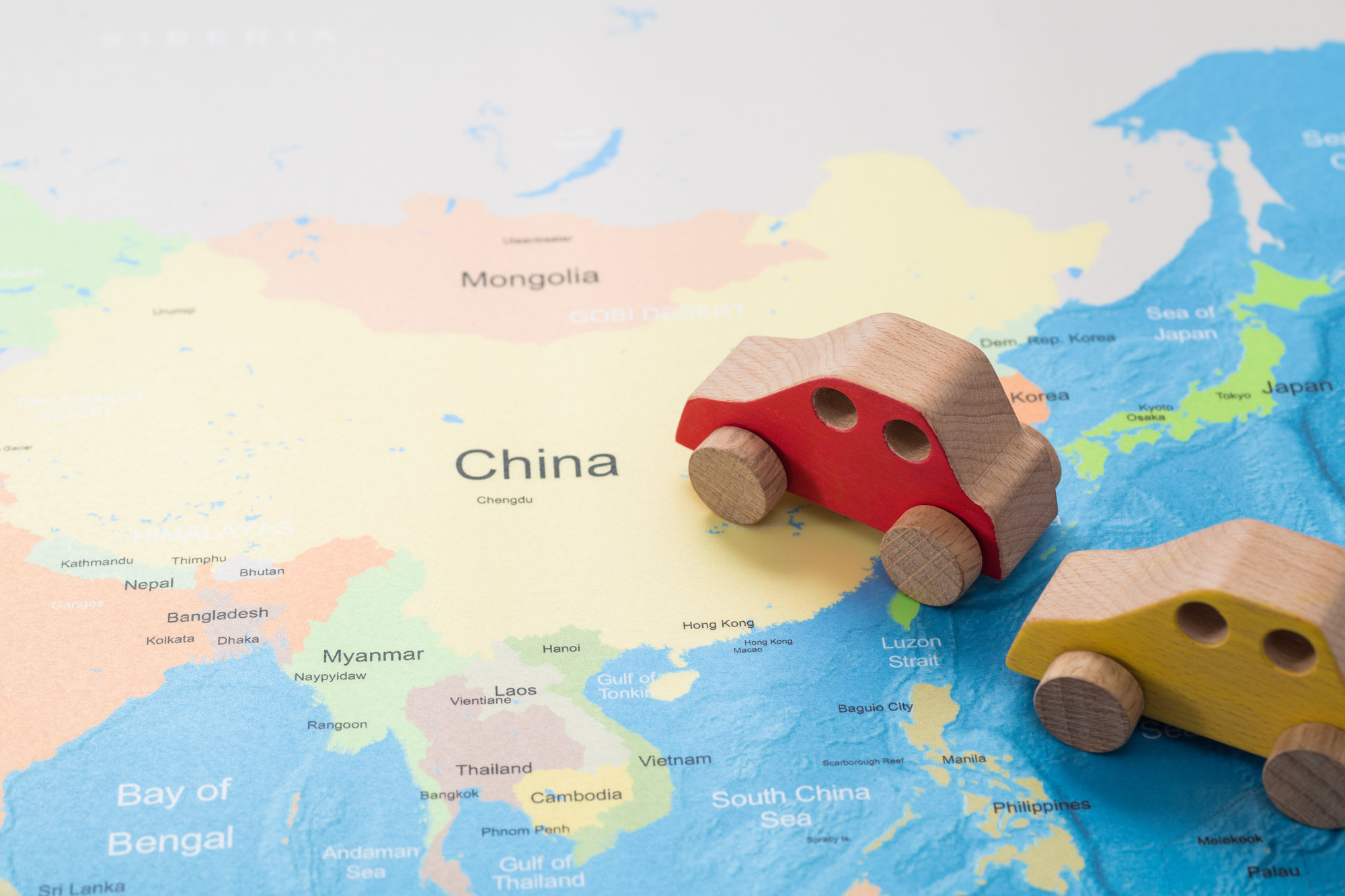2010/11/26
No. 106: Junichi Fujino, "Keep the Summit in Sight at COP16"
It is highly likely that there is going to be a gap between the Kyoto Protocol commitment period (2008-2012) and the commitment period thereafter. Industrialized countries such as Japan and the United States are facing difficulties passing climate change bills. Under such circumstances, it will be difficult to expect an agreement on a post-Kyoto framework at the coming 16th United Nations Climate Change Conference (COP 16) which is scheduled to start at the end of this month in Cancun, Mexico. Even if the international community were able to agree on one at COP 17 next year, it would nonetheless be difficult to obtain a sufficient number of ratifications for it to enter into force in 2012.
I had a chance to talk to a Chinese expert on energy at a conference held in Beijing in October. He asked what I thought about China's target for limiting greenhouse gas (GHG) emissions. I replied that it was close to the expected scenario and not necessarily aggressive. He then told me, "China has played the card of reducing emissions regardless of what other states do. The United States has not yet passed the bill through Congress. Japan's plan is conditional, leaving its actual emissions cut uncertain. Now it is your turn to play a card."
Japan has not been sitting idle, however. For five years from April 2004, a team of some 60 researchers was engaged in studying scenarios to achieve 60 to 80 percent cuts in Japan's CO2 emissions from 1990 levels by 2050. The research explored the possibility of drastically reducing emissions along with making desired socioeconomic changes. Now known widely as setting the stage for achieving a "low-carbon society," the research results led the Japanese government to set the targets of reducing GHG emissions by 25 percent by 2020 and by 80 percent by 2050. More than 100 experts in Japan are currently engaged in developing sector-specific policies and roadmaps to achieve a low-carbon society in such areas as housing and architecture, transportation, regional development, manufacturing and energy systems. This is being carried out within a subcommittee of the Ministry of Environment's Central Environment Council.
There are also significant attempts by local municipalities to prepare roadmaps for sustainable development. Shiga Prefectural Assembly is now debating budgetary measures to implement a roadmap. Kyoto City announced a municipal ordinance designed to curb GHG emissions by 25 percent by 2020 and by 40 percent by 2030 on October 12, 2010. Furthermore, a research group called the Asia-Pacific Integrated Model (AIM) team, of which I am a member, is bringing together researchers from China, India, Thailand, South Korea, Indonesia and Vietnam to develop scenarios to achieve low-carbon societies in Asia.
At the time of writing, I was in Kuala Lumpur to sign Minutes of Memorandum for a project designed to develop a low-carbon society scenario for Malaysia, which was adopted this year as a Science and Technology Research Partnership for Sustainable Development (SATREPS) project by the Japan Science and Technology Agency (JST) and the Japan International Cooperation Agency (JICA). The project will explore, together with local governments and municipalities, ways to realize low-carbon society through sustainable development by means of a computer simulation modeling exercise in the Iskandar Malaysia region, focusing on the rapidly developing city of Johor Bahru.
Climate change negotiations are entangled in vested national interests. It is time to get back to the basics of the kind of society we want to achieve. What is needed then is to draw up the best plan to realize such a society by combining advanced technologies, institutions, policies and wisdom. It is also important to define the roles of relevant actors and designing projects that involve multiple stakeholders in the policy-making process. If the contents of the projects are realized, they should lead to the desired summit (the society we want to achieve) regardless of the course of negotiations. This climbing is not for someone else, but to realize our own hopes.
Junichi Fujino is Senior Researcher, Climate Policy Assessment Section, Center for Global Environmental Research (CGER), National Institute for Environmental Studies (NIES), Japan.
The views expressed in this piece are the author's own and should not be attributed to The Association of Japanese Institutes of Strategic Studies.





